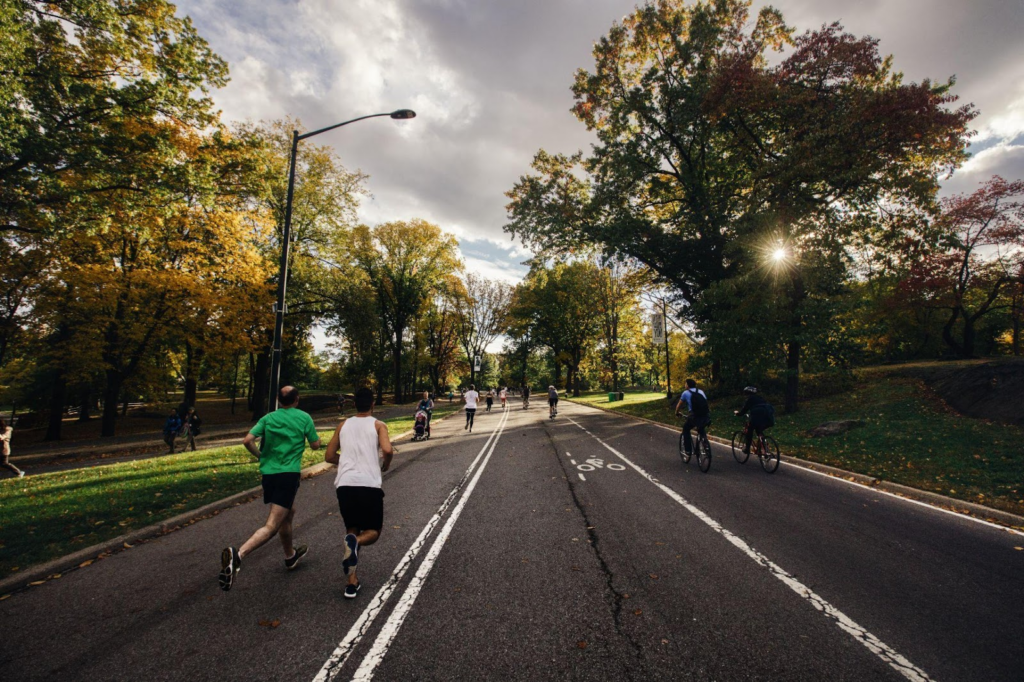As we age, prioritizing our health becomes increasingly important. Adopting healthy habits not only enhances our quality of life but also contributes to longevity and overall well-being.
Seniors, in particular, can benefit significantly from a routine that focuses on physical, mental, and emotional health.
In this guide, we will explore various healthy habits tailored to the unique needs of seniors, providing valuable insights for a fulfilling and active lifestyle.
Regular Exercise

Engaging in regular physical activity is crucial for seniors to maintain strength, flexibility, and cardiovascular health. Activities like walking, swimming, or gentle yoga can be tailored to individual fitness levels.
Incorporating balance exercises can help prevent falls, a common concern among older adults. Consult with a healthcare professional before starting a new exercise routine to ensure it aligns with individual health conditions.
Balanced Nutrition
A well-balanced diet is fundamental to good health at any age. Seniors should focus on consuming nutrient-rich foods, including fruits, vegetables, whole grains, lean proteins, and low-fat dairy.
Adequate hydration is also key to preventing dehydration, which can be more common in older adults. Consider consulting a nutritionist to create a personalized meal plan that meets specific dietary needs and preferences.
Mental Stimulation
Keeping the mind active is essential for cognitive health. Seniors can engage in activities such as puzzles, reading, learning a new skill, or playing brain games.
Social interaction is equally important; joining clubs, attending classes, or participating in community events can provide mental stimulation and foster a sense of connection.
Adequate Sleep
Quality sleep is crucial for overall health and well-being. Establishing a regular sleep routine, creating a comfortable sleep environment, and avoiding stimulants like caffeine close to bedtime can contribute to better sleep quality. If sleep disturbances persist, consult with a healthcare professional to address any underlying issues.
Regular Health Check-ups

Seniors should schedule regular check-ups with their healthcare providers to monitor and address any health concerns.
Preventive screenings, vaccinations, and discussions about medications and potential side effects are essential components of senior healthcare. Staying proactive can lead to early detection and effective management of health conditions.
Emotional Well-being
Maintaining emotional well-being is equally important for seniors. Engaging in activities that bring joy, spending time with loved ones, and seeking support when needed are essential components of mental health.
Consider joining support groups or talking to a mental health professional to navigate the challenges that may arise in the later stages of life.
Arizona Probate
In the context of maintaining overall well-being, seniors must plan for their future, including addressing legal matters such as estate planning and probate.
Arizona probate is the legal process through which a deceased person’s estate is settled, debts are paid, and assets are distributed to heirs.
Seniors should consult with an attorney specializing in elder law to navigate the complexities of probate and ensure that their wishes are carried out effectively.
In conclusion
Adopting healthy habits is a holistic approach to senior well-being, encompassing physical, mental, and emotional aspects.
By prioritizing regular exercise, balanced nutrition, mental stimulation, adequate sleep, and regular health check-ups, seniors can enhance their overall quality of life.
Additionally, addressing legal matters such as Arizona probate ensures that their affairs are in order, providing peace of mind for themselves and their loved ones. Embracing these habits can contribute to a fulfilling and active lifestyle in the golden years.

Jean Smith is a fitness enthusiast and blogger who focuses on fitness and a healthy lifestyle. She is passionate about assisting people in living healthier lifestyles and is constantly on the lookout for new and creative methods to stay fit and healthy. Her articles are excellent resources for anyone interested in improving their health and fitness.
